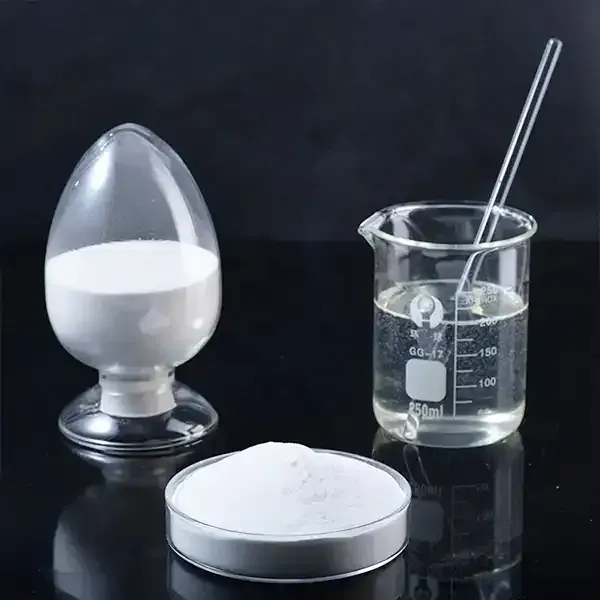Hydroxyethyl Cellulose A Versatile Polymer for Various Applications
Hydroxyethyl cellulose (HEC) is a water-soluble polymer derived from cellulose, the most abundant organic polymer on Earth. As a modified cellulose derivative, HEC has gained immense popularity in various industries due to its unique properties. This biodegradable material serves as a thickening, stabilizing, and emulsifying agent, making it a staple in many applications ranging from pharmaceuticals to cosmetics and construction.
One of the most significant features of hydroxyethyl cellulose is its excellent water solubility. When dissolved in water, HEC forms a clear, viscous solution that can significantly enhance the texture and stability of formulations. This property makes it particularly valuable in the cosmetic industry, where it is commonly used in lotions, creams, and gels. By controlling the viscosity of these products, HEC improves their spreadability and skin-feel, which are critical factors for consumer acceptance.
In the pharmaceutical sector, hydroxyethyl cellulose is often utilized as a binder and thickening agent in tablet formulations
. Its ability to modify the release profile of active ingredients can enhance drug effectiveness and patient compliance. Furthermore, HEC is used in ocular formulations, serving as a lubricant to alleviate dry eye symptoms and provide comfort for contact lens wearers.hydroxyethyl cellulose

The construction industry also benefits from HEC's unique properties. It is employed as a thickener in cement-based materials, such as mortars and plasters, where it helps maintain workability while reducing water usage. This not only enhances the mechanical properties of the final product but also improves its durability and adhesion. Additionally, HEC's ability to retain water ensures that the application remains workable for an extended period, crucial in construction projects.
Another notable application of hydroxyethyl cellulose is in the food industry. It acts as a stabilizer in food emulsions and suspensions, contributing to improved mouthfeel and texture. Moreover, HEC can be used as a fat replacer in low-calorie food products, allowing manufacturers to create healthier alternatives without compromising on taste and consistency.
In summary, hydroxyethyl cellulose is a multifaceted polymer that offers a variety of functionalities across different industries. Its water-soluble nature and ability to modify viscosity make it an essential ingredient in cosmetics, pharmaceuticals, construction materials, and food products. As the demand for sustainable and effective ingredients continues to grow, HEC is poised to play an increasingly significant role in the development of innovative formulations that meet consumer needs while promoting environmental responsibility.




